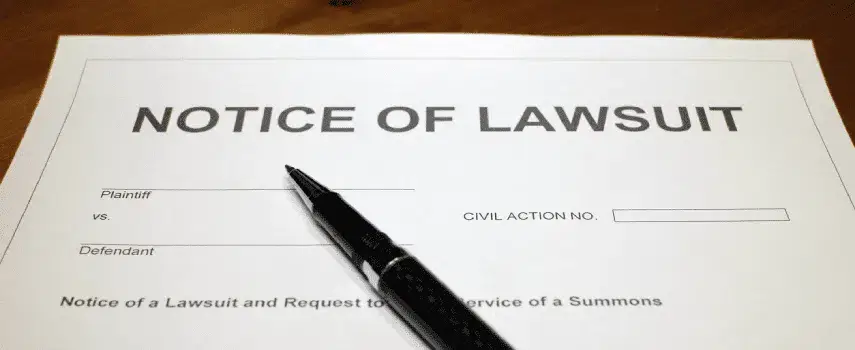In a recent Second Department case, the Court had to decide whether a New York resident could file suit in New York against a Texas physician who treated his mother while she lived in Florida and Texas. The Complaint alleged that the physician improperly prescribed his mother medication without directly monitoring her heath, causing her to suffer from dependency and confusion, destroying her social, familial, and economic relationships, and contributing to her early death.
The plaintiff brought suit in New York, and the defendant physician moved to dismiss the plaintiff’s action for lack of personal jurisdiction. The lower court granted the defendant’s motion and dismissed the action for lack of personal jurisdiction. The plaintiff appealed.
When a motion is made to dismiss an action for lack of personal jurisdiction, the plaintiff bears the burden of establishing a basis for the jurisdiction it chose. The plaintiff bringing suit in New York under CPLR §302(a)(3)(ii) must show: (1) the defendant committed a tortious act outside of New York; (2) the cause of action arose from that act; (3) the tortious act caused an injury to a person or property in New York; (4) the defendant expected or should reasonably have expected the act to have consequences in New York; and (5) the defendant derived substantial revenue from interstate or international commerce. Only once those elements are met, can an assessment be made as to whether a finding of personal jurisdiction satisfies due process.
In this case, the plaintiff failed to establish that the tortious act alleged – prescribing medication in Texas to the plaintiff’s mother while she was in Texas and in Florida – caused an injury in New York. Moreover, under the circumstances, the plaintiff failed to establish that the defendant expected or should reasonably have expected the act to have consequences in New York, or that the defendant derived revenue from interstate commerce in New York. Thus, the plaintiff failed to establish that the defendant had minimum contacts with New York and the Complaint was properly denied.
Similarly, in another Second Department case, a New York corporation engaged in the business of selling the services of Verizon Communications through agents and subagents sued one of the subagents, a resident of California. The plaintiff alleged that the defendant disclosed confidential information that belonged to the plaintiff.
The defendant did not answer and the plaintiff moved for default judgment, which was granted as unopposed. The defendant then moved to vacate the order on his default and to dismiss the Complaint on the ground that it was not proper for the New York courts to exercise jurisdiction over him under CPLR §302(a) because all of his business was conducted in California. The lower court denied the motion.

Under New York’s long-arm statute, “a court may exercise personal jurisdiction over any non-domiciliary . . . who . . . transacts any business within the state or contracts anywhere to supply goods or services in the state” regardless of whether that non-domiciliary has actually entered New York State. Proof of one transaction in New York is sufficient to invoke jurisdiction.
Even though the defendant never enters New York, as long as the defendant’s activities here were purposeful and there is a substantial relationship between the transaction and the claim asserted.
Here, the defendant specifically argued before the lower court that it lacked jurisdiction under the CPLR. There were contradictions in the record as to whether the defendant solicited customers in New York and derived commissions from alleged sales to those customers. Accordingly, the Appellate Division held that there was a question of fact and that the lower court should conduct a hearing to determine the issue of whether the defendant conducted business in New York, before reconsidering the motion


